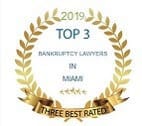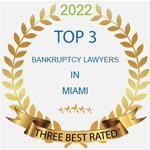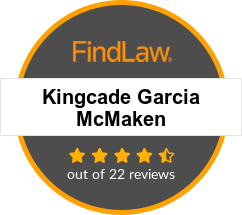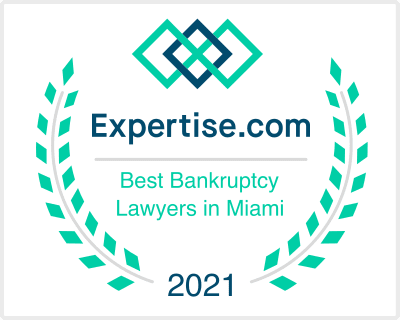How will filing bankruptcy affect my debts?
If you are considering filing bankruptcy, one of the questions likely going through your mind is what will happen to your debts. Although there is no simple answer to this question, a lot of it will depend on the type of debts that you owe-whether they are secured or unsecured.
Both secured and unsecured debts are treated differently in bankruptcy. Secured debts, as the name suggests, are debts where repayment is secured by a pledge of collateral. These types of debts include mortgages and car loans. When you do not pay secured debts, your creditors have the option of taking and selling the collateral to apply towards your debt.
Unsecured debts, on the other hand, are not secured by collateral. When you fail to pay these types of debts, your creditors may not take property away from you in most cases. Instead, they will generally file a lawsuit against you or turn the debt over to a collection agency. This type of debt includes credit card debt and medical bills.
What happens to each type in bankruptcy?
Secured and unsecured debts have different fates in bankruptcy. In general, what happens to the debt depends on the type of bankruptcy filed. If you file Chapter 7 bankruptcy, most of your unsecured debts end up discharged within a few months after you file.
However, your secured debts are treated differently in Chapter 7. Although filing Chapter 7 relieves you of the obligation to pay the debt, it does not affect the right of creditors to take the collateral. As a result, it is necessary to become current on secured debts if you want to keep the collateral.
Conversely, if you file Chapter 13, both types of debt become part of the repayment plan. Pursuant to the plan, you make monthly payments towards your debts over a three to five-year period. However, as far as unsecured debts go, you only have to pay your creditors as much as they would have received if you filed Chapter 7 instead. Since most unsecured creditors do not receive anything in Chapter 7, most unsecured debts do not have to be repaid in Chapter 13. Because of this, most unsecured debts are discharged at the end of Chapter 13.
Chapter 13 is also useful if you are struggling with secured debts. Although Chapter 13 does not discharge secured debts, it gives you three to five years to catch up with them. As long as you make the required monthly payment under the plan, your creditors are legally forbidden from taking the collateral. By the end of Chapter 13, you are caught up on your secured debts and resume making the normal payments you made before you filed bankruptcy.
These rules regarding debt in bankruptcy may seem straightforward, but there are often exceptions to them. This is one of the many reasons why it is important to only file bankruptcy after consulting with an experienced bankruptcy attorney. An attorney can listen to your unique circumstances and advise you of the debt-relief solution that would be best for you.
















